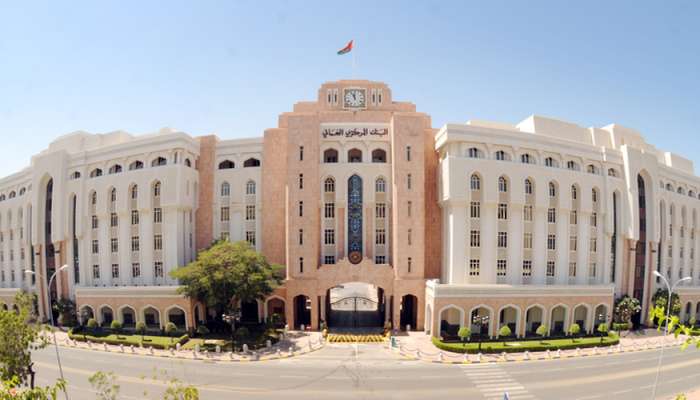The third meeting of the Board of Governors of the Central Bank of Oman (CBO) was recently held at the CBO head office in Muscat. During the meeting, the Board discussed various important topics related to the banking sector in Oman. One key takeaway from the meeting was the affirmation of the CBO’s preparedness to implement the partial payment system for cheques in the banking sector. The Board also urged other authorities to complete their readiness for this system. Additionally, the Board approved regulatory requirements related to activating the Wage Protection System.
One of the key topics discussed during the meeting was the financing of small and medium enterprises (SMEs) in Oman. The Board reviewed a report that indicated that credit facilities for SMEs amounted to 3.7% of the banking sector’s lending portfolio until June 2024, falling short of the targeted minimum percentage of 5%. However, the Board expressed satisfaction with the progress made in this area and reiterated its support for increasing the percentage of credit facilities for SMEs. This support is essential for the growth and development of SMEs in Oman.
In a move to enhance financial stability and support the green economy, the Board approved for CBO to complete its accession requirements to join the Network for Greening the Financial System (NGFS). By joining the NGFS, the CBO aims to enhance its efforts in managing environmental and climate change risks. This initiative will involve cooperation with local and international institutions and bodies that are working towards green economy initiatives. This decision reflects the CBO’s commitment to sustainable and environmentally-friendly practices in the banking sector.
In line with the digital transformation taking place in the banking sector, the Board directed to explore the best global practices in providing digital services. This move is aimed at enhancing innovation and keeping pace with technological developments in the industry. By adopting digital services, banks in Oman can improve their efficiency, customer experience, and overall competitiveness in the market. The Board’s focus on digital transformation underscores the importance of embracing technology to drive growth and development in the banking sector.
The Board also approved the annual budget of the College of Banking and Financial Studies for the academic year 2024-2025. This decision highlights the Board’s commitment to supporting education and training in the banking and financial sector. By investing in the education of future banking professionals, the CBO aims to ensure a skilled and knowledgeable workforce that can contribute to the growth and development of the industry. Education and training play a crucial role in building a strong and vibrant banking sector in Oman.
Overall, the recent meeting of the Board of Governors of the Central Bank of Oman addressed a range of important topics related to the banking sector in the country. From implementing the partial payment system for cheques to supporting SMEs and embracing digital transformation, the Board’s decisions reflect its commitment to financial stability, innovation, and sustainability. By taking these steps, the CBO is positioning itself as a key player in driving growth and development in Oman’s banking sector.











